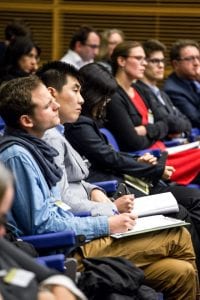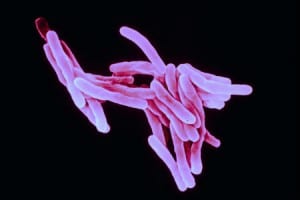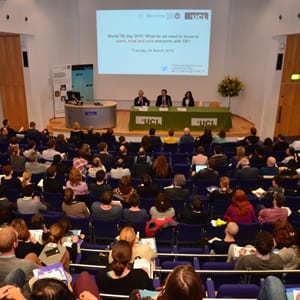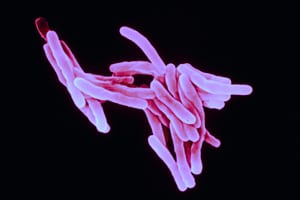UCL Populations & Lifelong Health Domain Symposium 2017
By ucyow3c, on 20 January 2017
![]() Written by Emmeline Brown, MRes Translational Neurology, UCL Institute of Neurology
Written by Emmeline Brown, MRes Translational Neurology, UCL Institute of Neurology
We must “recognise the myriad of influences on what makes us sick and what makes us healthy” began Professor Dame Anne Johnson, welcoming attendees to this symposium at the UCL Great Ormond Street Institute of Child Health.
Professor Dame Johnson pointed to UCL’s history of pioneering and expanding a transdisciplinary approach, emphasising the role of preventative measures and the need to provide research that can be used by policy-makers.
(Re)building healthier cities
Professor Michael Davies and Professor David Osrin, presenting the keynote session, discussed the need to understand the interactions between ‘soft’ (economic and social) and ‘hard’ (engineered) urban systems, in order to tackle the multiple challenges arising from globalisation.
Professor Osrin highlighted community participation in Mumbai, where he has been based since 2004: community women’s groups there who discussed issues, came up with solutions and implemented them achieved a 30% reduction in rural newborn deaths.

We heard extensively from early and mid-career researchers. Dr Evangelia Chrysikou described her work in exploring the exteriors of mental health facilities in Camden and the effects of these on stigmatisation. Dr Jens Kandt spoke about his research classifying neighbourhoods by multiple characteristics to develop an integrated perspective on urban health; and Marios Poullas described his study into the effects of El Nino Southern Oscillation on public health in India.
Digital Health
Andrew Eland, Engineering Director of Artificial Intelligence company DeepMind, began with the potential of digital tools in health innovations.
He had many insights into the use of deep learning to improve the efficiency of hospitals, which would not be possible with cumbersome paper medical files. He also spoke of the concurrent need to gain public trust in use of data through greater security and transparency.
 Close
Close



 Many people are surprised to learn that the problem of tuberculosis in London is so serious that it is now known as the ‘TB capital of Europe’. In the worst affected London Borough of Newham, more than one in every thousand people is diagnosed with the disease each year, and the
Many people are surprised to learn that the problem of tuberculosis in London is so serious that it is now known as the ‘TB capital of Europe’. In the worst affected London Borough of Newham, more than one in every thousand people is diagnosed with the disease each year, and the 